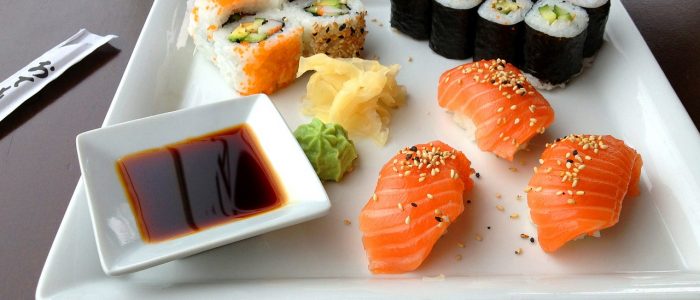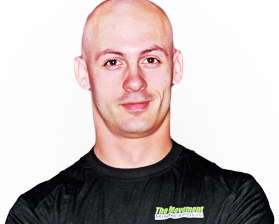
I thought the movie Jiro Dreams of Sushi was nauseatingly boring.
If you’ve never seen it, or never heard of it, the movie chronicles an 85-year old (at the time) sushi chef who is widely considered the greatest sushi chef in the world, who administers a 10-seat restaurant in a subway station in Tokyo.
Most people who write about Jiro Dreams wax poetic about mastery and the dedication to his craft he has exhibited over a literal lifetime of perfecting his sushi, and implore you to pursue your own endeavors with the same dogged determination to continual improvement.
I see something else.
Personally I can’t think of anything worse than doing the exact same thing every day for sixty years. Acknowledging that I’m oversimplifying and dismissing what I’m sure is an expression of creativity and innovation over that time, it’s still the same thing for six decades.
See, something I know about myself is that I don’t thrive on that end of the learning curve. The thought of the energy and time required to eke out that last little bit of improvement puts me to sleep.
I live for the front end of the learning curve. I’ll dive head first into something I know nothing about, apply the models and understandings I have from other things, and dig and experiment and stumble until I’ve got it mostly figured out. I don’t mind the difficulty and frustration of being bad at it initially. In due time I’ll get half-decent at it.
And then I’m ready for the next challenge.
I know this about myself, so I embrace it. I will never be the best in the world at anything, except maybe the best at getting decent at a lot of things. Not only am I ok with that, I’m absolutely thrilled that I know this about myself so I never have to beat myself up for not going too far past that point in the curve.
I just started baking sourdough bread a couple months ago. The first loaves were mediocre. Now they’re pretty damn good. They’re likely never going to win international competitions, althooooough someone did remark that my bread was better than a bakery in Philly that is known as one of the best in the country.
In general people only think of mastery as the “correct” route to take. You see it exalted, and spoken of as if it’s the only pursuit that’s noble enough to be worthy of your time.
Not everyone is going to be a master! There are dozens of reasons why, and they don’t really matter.
The important thing is that you can reduce your own internal friction significantly by recognizing and embracing which part of the learning curve you thrive in.
If you hate being a beginner and you meet a lot of internal resistance starting new things then perhaps sticking to tried and true is better for you. Maybe you’re even well suited to pursue mastery.
But even if not, certainly you shouldn’t force yourself to try lots of new things and beat yourself up because you don’t enjoy it.
Or, maybe you know you hate the initial stages of learning something new, you thrive in the middle ground, and you know you’re not interested in mastery. Well, at least you know which part of the dip you need to push through.
The possibilities for where you lie on that spectrum are endless, but the overarching point is to identify and embrace the part of the curve that for you represents the least internal friction.
That way, you can spend more time doing things you enjoy with ease and fluidity, and less time frustrated and upset.


Leave a Reply
You must be logged in to post a comment.